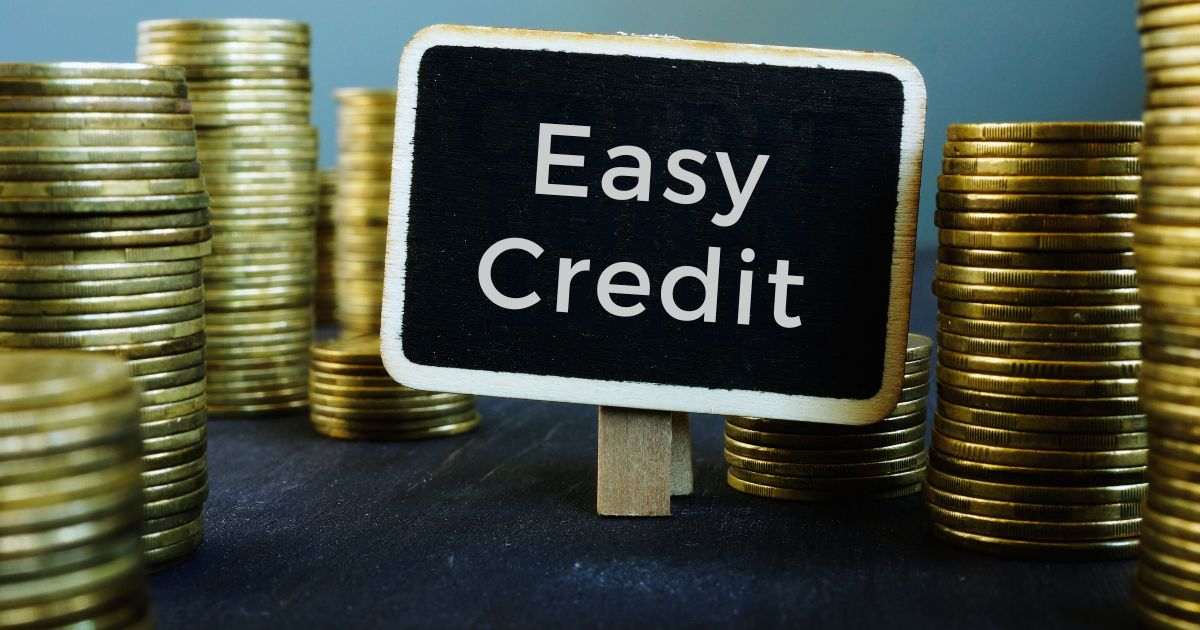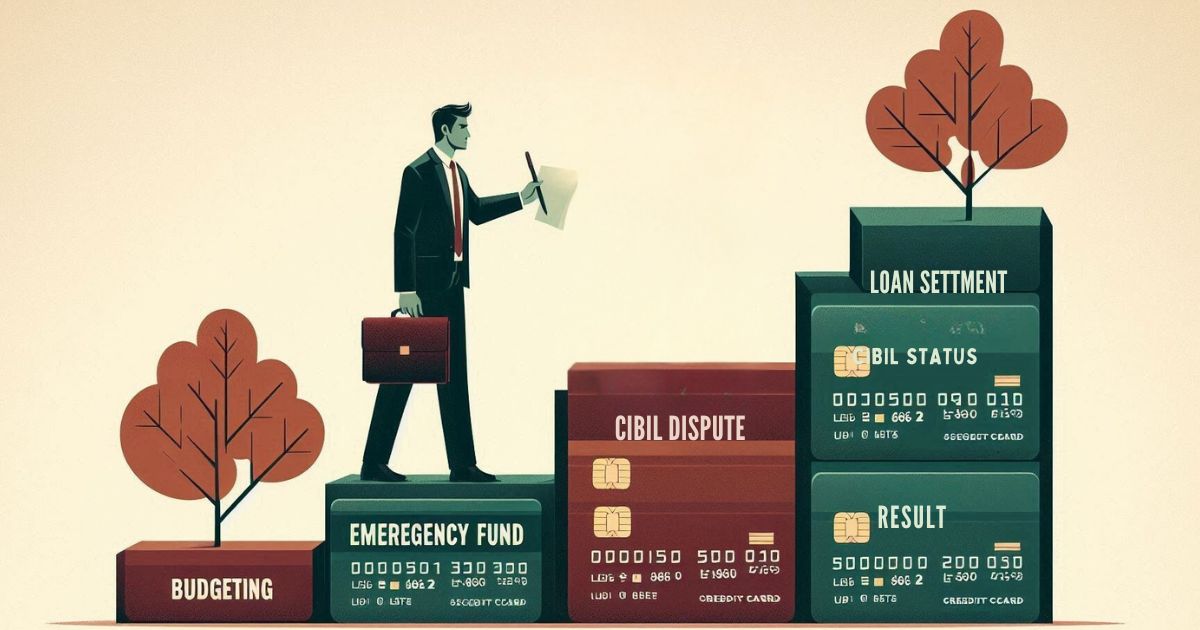· Financial Awareness · 4 min read
The Hidden Dangers of Easy Credit
Borrowing is easier than ever, but also riskier. This blog explores hidden fees, long-term effects, and smarter ways to manage and avoid unplanned credit.

With modern India so connected to the internet, applying for credit has become simple. It only takes a few moments to get a personal loan, charge with a credit card, or opt for BNPL. Whether you use a bank or fintech, it’s easier and more common to get a credit offer today. While instant payments are convenient, they also create risks that most people only discover when it’s too late.
The Temptation of Easy Credit and Its Risks
Digital lending platforms have become common in India recently, making it very handy for consumers to borrow funds. For some people starting out in their careers and making middle incomes, the possibility of quick credit is hard to resist, especially since they can use it for things they really want.
But a problem occurs when individuals borrow simply because they have the ability to. Credit may make things simple, but it can wrongly suggest someone is rich. A lot of borrowers forget that money you borrow comes with a cost. Taking out a rupee always costs something, and unless you plan properly, this can easily become a major expense. If you start paying EMIs, the financial need to do so every month can soon become overwhelming.
Hidden Costs of Borrowing Too Much
Even though the promised interest rate looks low, many borrowers miss charges such as fees for the process, penalties for late payments, early exit charges, and GST. Taking, for example, a ₹50,000 personal loan with 14% interest may lead to a final repayment amount that’s much higher, as it includes many hidden fees.
Also, using credit cards or similar revolving credit can be even riskier. Should you pay late on your dues, the interest rates can jump to between 36% and 42% a year. Missing your payments typically causes you to pay more interest and penalty fees, as well as lowers your credit score, which makes it tougher to borrow money next time.
Understanding the Long-Term Effects of Easy Credit on Financial Health
A lot of borrowing over time can harm your financial future. Typically, EMI payments start with only a few plans, but if you take on more credit, it gets harder, since you have to pay more, which often cuts into your savings and adds stress. With so much already spent on kids’ schools, family health, and daily household duties, getting into heavy debt can seriously disrupt a household’s financial plans in India.
Worse yet, there are people who borrow money just to pay off what they owe on their older loans and end up stuck in debt. Anxiety over debt and nonstop recovery calls can result in feeling stressed at home, family arguments, and sometimes health concerns.
How to Be Mindful of Your Borrowing Choices
Do not borrow unless you truly require money, can repay it, and think about how long it will impact you financially. Having the option to increase your credit or accept a loan does not always mean it’s a good idea. Ask before shopping: Is what I’m buying necessary? Could we push it back for a while? Will I be able to manage without having to dip into my basic needs or my emergency cash?
Keeping a monthly budget, planning your financial goals, and sticking to them is just as important. You could try to use your own savings to pay for something before turning to borrowing. Should we cut down on the amount or postpone it? It may be difficult to be frugal when everything seems to want you to buy more, but it is necessary for your own sense of ease in the future.
Conclusion: Avoiding the Pitfalls of Easy Credit
Simply put, easy credit may lead to good things for us but also carries potential risks. Although taking out a loan before planning can give some quick help, it could end up with serious issues. You should not rule out credit entirely, but try to manage your credit use wisely.
With development happening in financial literacy across India, it becomes important to educate the public on the dangers of borrowing without considering all expenses and risks. Being financially free is not about needing big loans—it’s about spending less than you earn, making careful decisions, and avoiding going into debt. Decide to borrow if it is the only option or use financing with caution.



